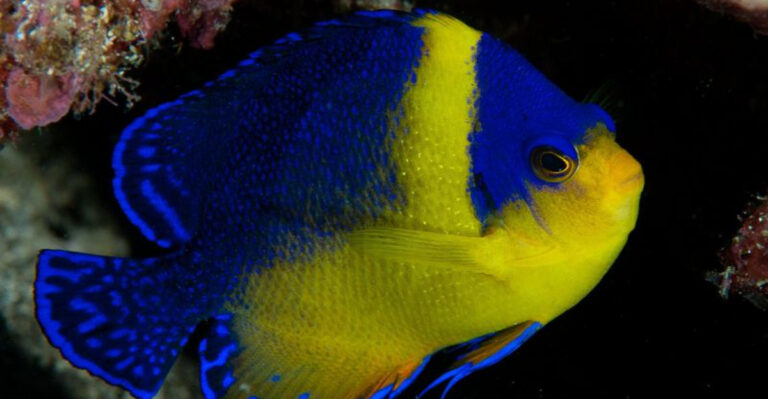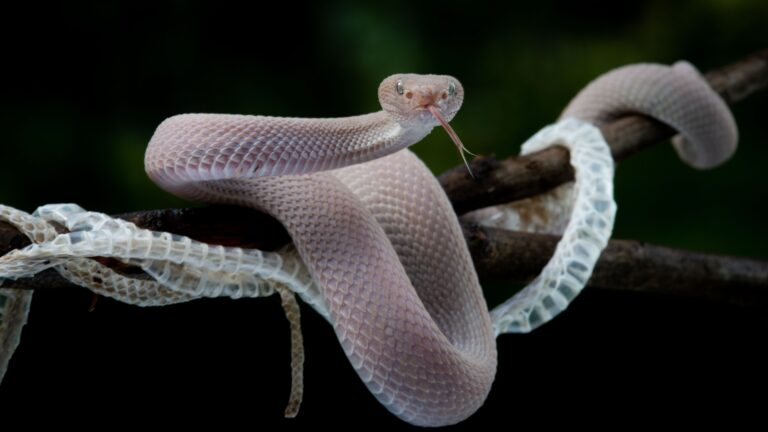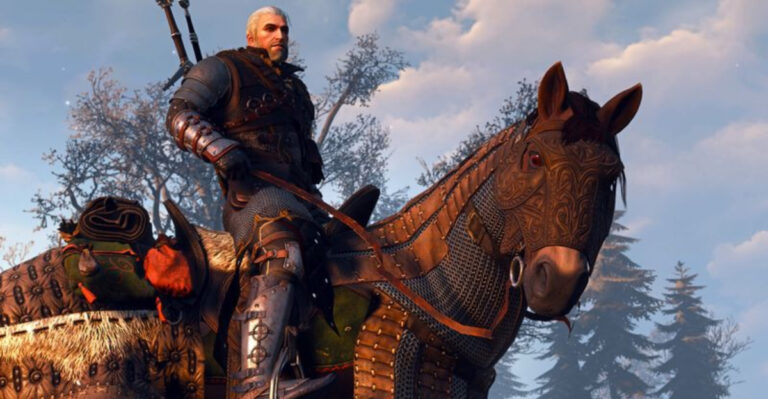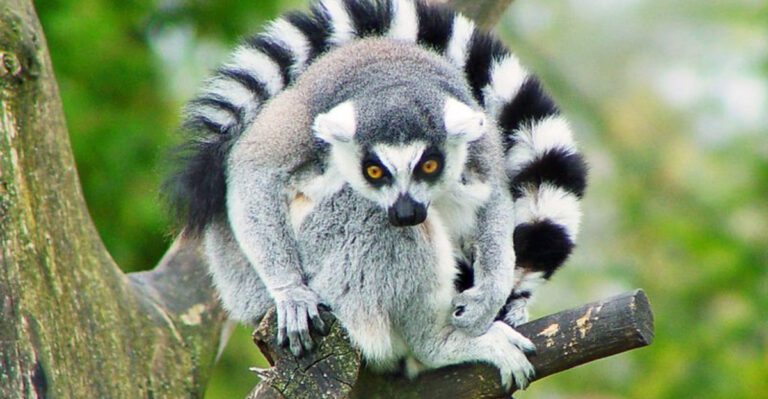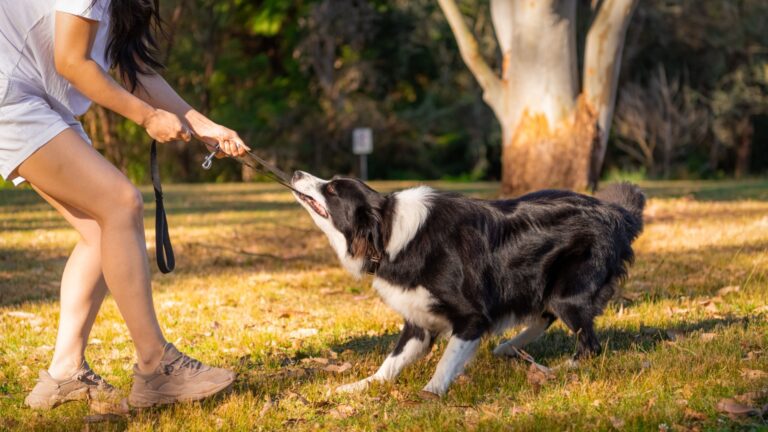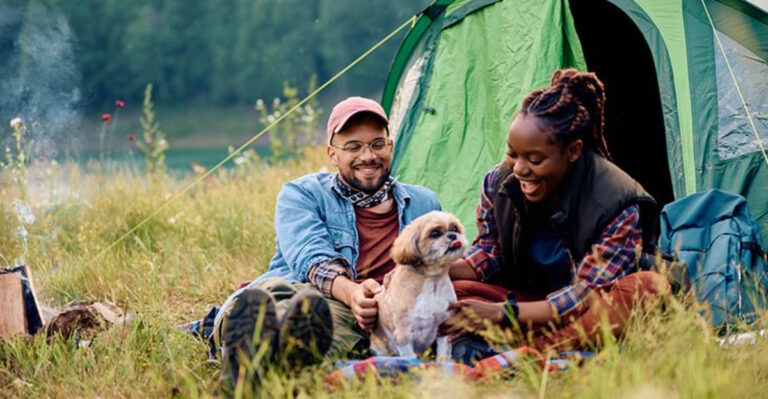15 Dog Breeds That Can Turn On Their Owners Without Proper Training
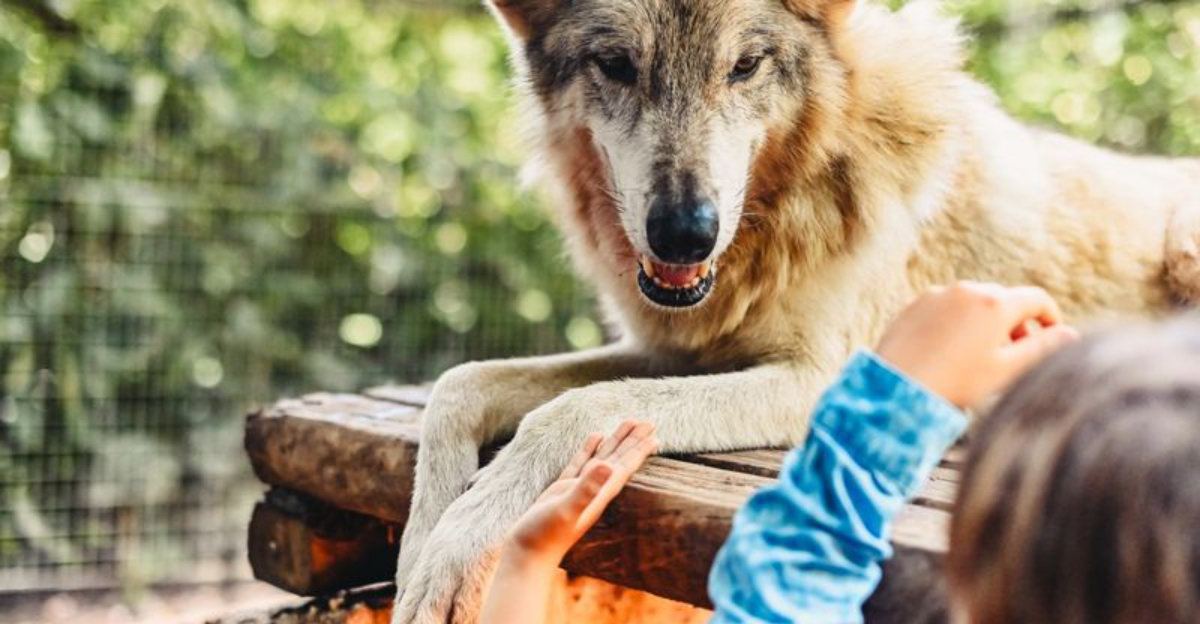
Every dog needs proper training, but some breeds require extra attention due to their size, strength, or natural instincts.
Without consistent guidance and socialization, these powerful pups might display aggressive behaviors toward even their beloved owners. Understanding which breeds need specialized training isn’t about fear—it’s about responsible ownership that keeps both you and your four-legged friend safe and happy.
1. German Shepherd
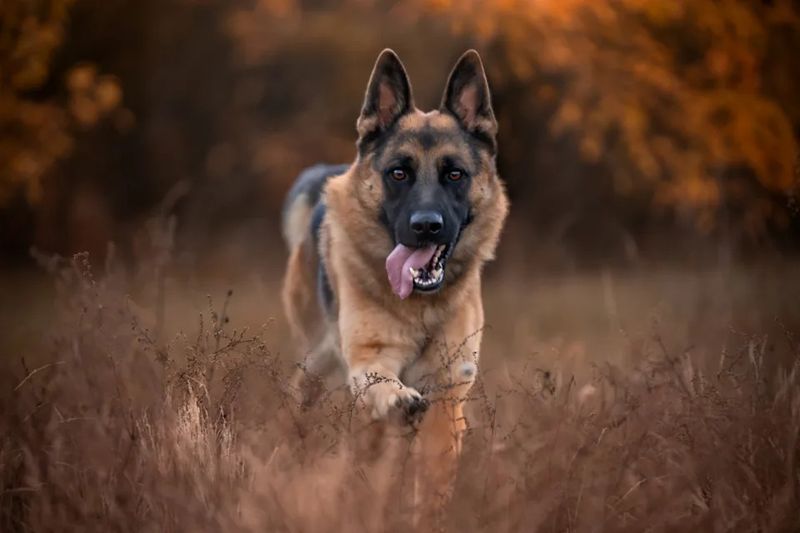
Built for protection, these intelligent canines develop fierce loyalty to their families. Their natural guarding instincts can transform into aggression if not channeled correctly from puppyhood.
Proper socialization prevents them from becoming overly suspicious of strangers or developing fear-based reactions. Regular mental stimulation keeps their sharp minds occupied, preventing destructive or aggressive behaviors born from boredom.
2. Pit Bull Terrier
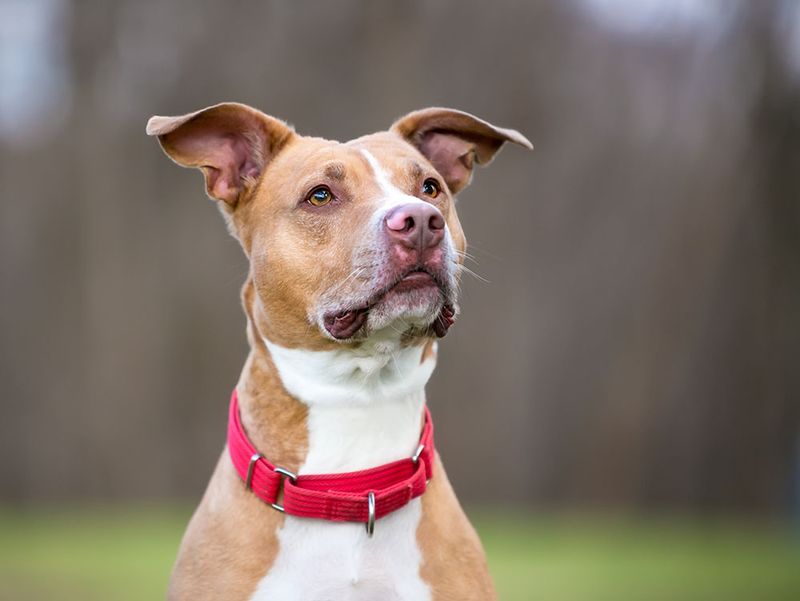
Misunderstood yet mighty, these muscular dogs have incredible jaw strength and determination. Without clear boundaries and positive reinforcement, their stubbornness can lead to challenging behaviors.
Early socialization with other animals and people is absolutely essential. Consistent leadership prevents them from testing boundaries, while regular exercise channels their abundant energy positively, creating a balanced family companion rather than an unpredictable pet.
3. Rottweiler
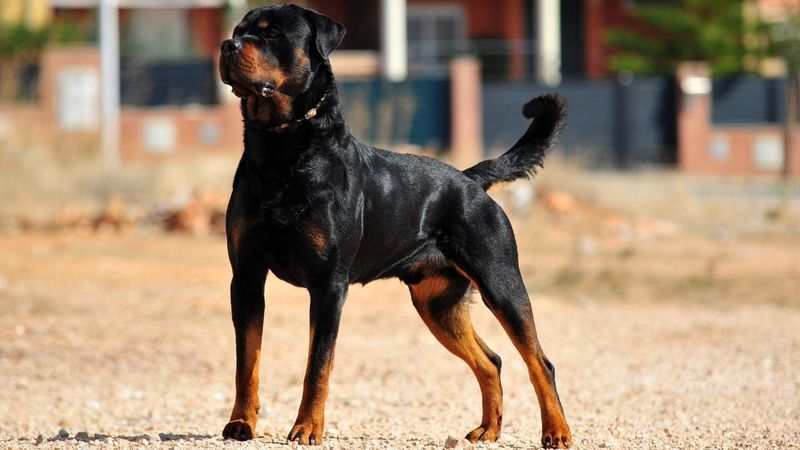
Naturally protective and powerful, Rottweilers develop deep bonds with their families. Their instinct to guard can become problematic without proper socialization during critical developmental periods.
Firm, consistent training establishes you as the pack leader. These intelligent dogs need mental challenges alongside physical exercise to prevent boredom-related aggression. When trained properly, they distinguish between genuine threats and normal situations, becoming reliable rather than reactive guardians.
4. Doberman Pinscher
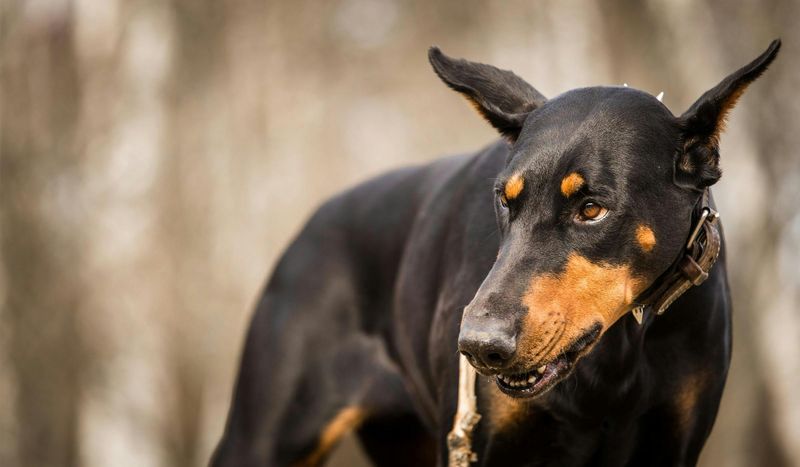
Sleek and athletic, Dobermans were bred specifically for personal protection. Their natural alertness and intensity require experienced handling to prevent overprotective behaviors.
Gentle but firm training from an early age helps them understand appropriate responses to perceived threats. Without proper guidance, their protective instincts can become fear-aggression or territorial behavior. Daily mental and physical challenges keep their sharp minds balanced and prevent anxiety-based reactions.
5. Siberian Husky
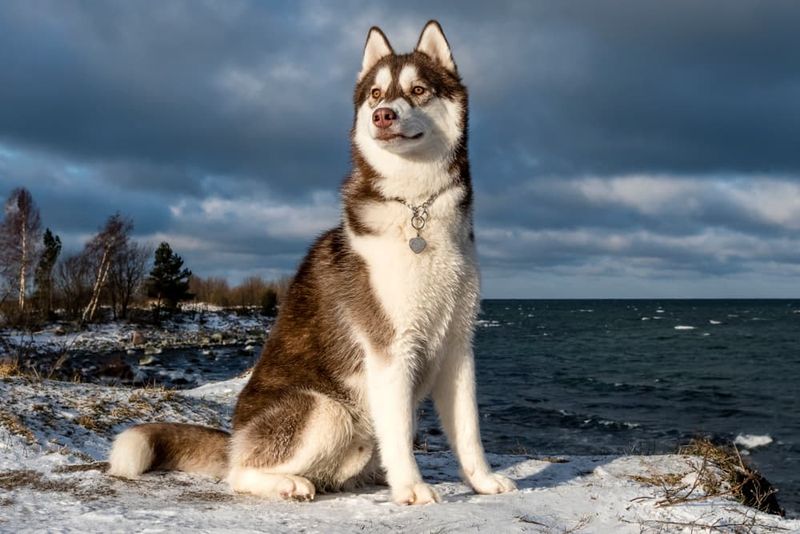
Surprising to many, these beautiful sled dogs have strong pack instincts and can challenge for dominance. Their independent nature and intelligence often lead to testing boundaries with inexperienced owners.
Without consistent leadership, they may refuse commands or become destructive. Their high energy requires substantial daily exercise to prevent frustration-based behaviors. Pack-oriented training methods work best, as traditional obedience approaches often fail with their clever, sometimes stubborn personalities.
6. Akita
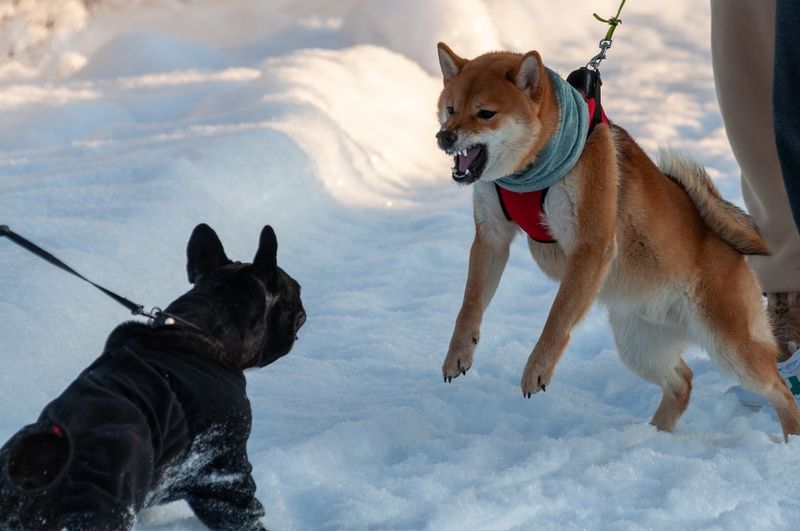
Ancient Japanese guardians with fierce loyalty, Akitas possess natural suspicion toward strangers and other animals. Their quiet, dignified demeanor can mask growing tension until it erupts unexpectedly.
Early socialization prevents their protective instincts from becoming problematic aggression. Respect-based training works better than dominance methods, as harsh handling can trigger defensive reactions. Their strong prey drive requires careful management around smaller pets and sometimes children.
7. Chow Chow
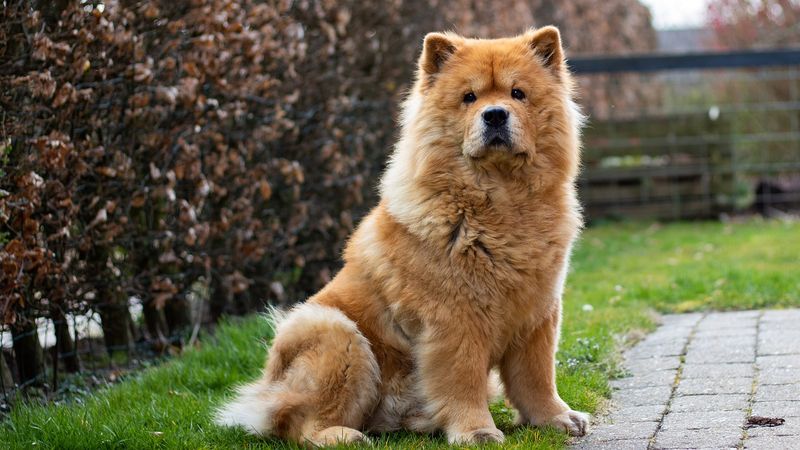
Behind that adorable teddy bear appearance lies an ancient guardian breed with strong territorial instincts. Chows typically bond deeply with one person while remaining aloof or suspicious of others.
Their independent, sometimes stubborn nature requires consistent, patient training from puppyhood. Without proper socialization, their natural reserve can develop into fearfulness or aggression. Positive reinforcement works best, as their dignity doesn’t respond well to harsh corrections.
8. Cane Corso
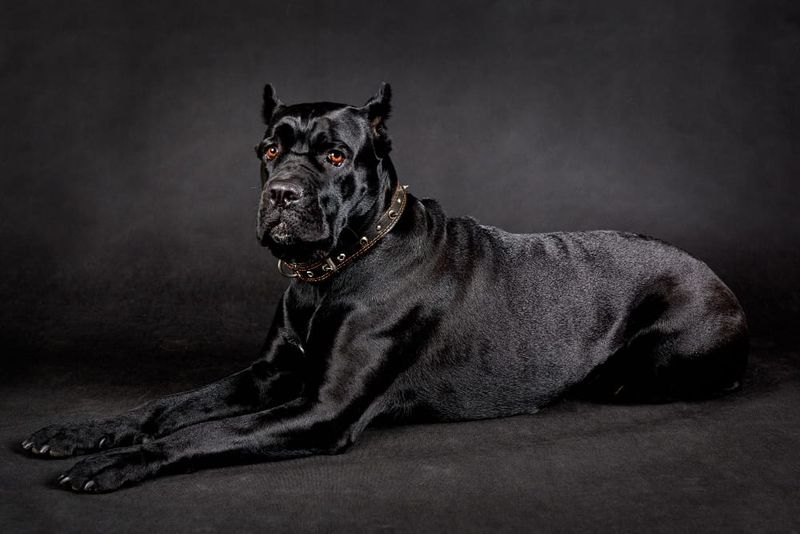
Powerhouse protectors from Italy, these massive mastiffs were bred for guarding property and hunting large game. Their imposing size combined with natural protective instincts demands experienced handling.
Early socialization prevents their wariness of strangers from becoming problematic. Clear, consistent boundaries are essential as they mature. Without proper training, their natural confidence and strength can become dangerous, especially during adolescence when they test limits.
9. Caucasian Shepherd
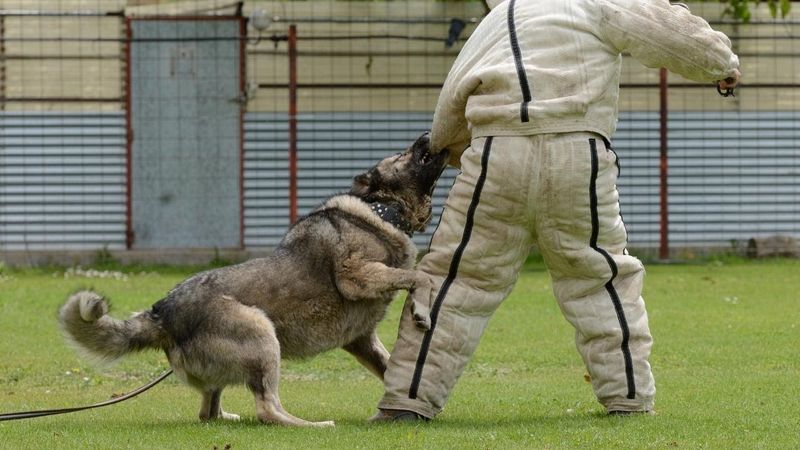
Mountain guardians with centuries of livestock protection breeding, these giant dogs possess natural suspicion and territorial aggression. Their massive size—often exceeding 170 pounds—combined with protective instincts creates potential danger without proper handling.
Extensive socialization from puppyhood is absolutely critical. Their independent nature requires consistent, firm leadership without harsh methods. Not recommended for first-time owners, they need experienced handling to prevent their guarding instincts from becoming indiscriminate aggression.
10. Belgian Malinois
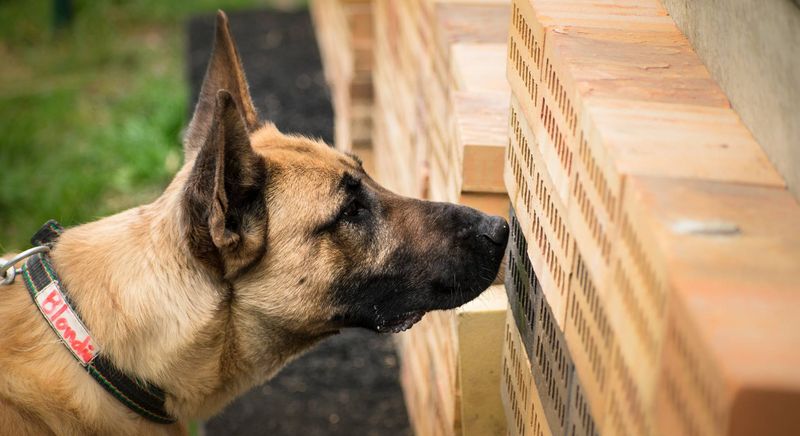
Military and police favorites for good reason, these intense working dogs have extraordinary drive and energy. Without proper outlets, their work ethic transforms into destructive or aggressive behaviors.
Daily mental and physical challenges are absolutely essential—a bored Malinois is a problem waiting to happen. Their intelligence demands consistent training and clear boundaries. Many become problematic when acquired by owners unprepared for their relentless need for structure and purpose.
11. Dogo Argentino
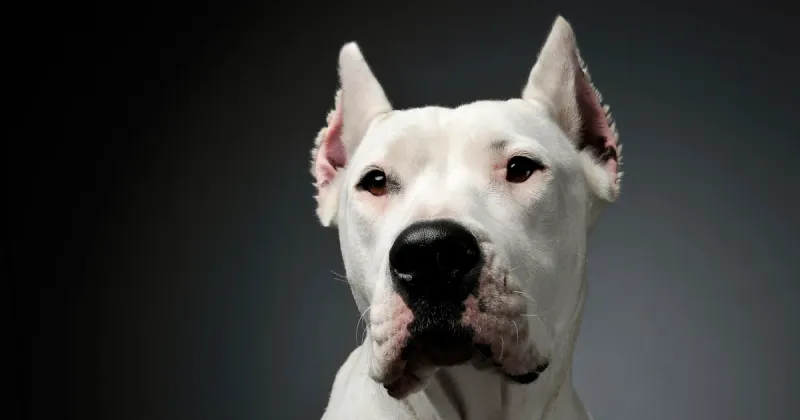
Developed for big game hunting, these powerful white athletes possess strong prey drive and impressive strength. Without proper channeling, their hunting instincts can become problematic with smaller animals or running children.
Firm boundaries from day one prevent dominance issues. Their high pain tolerance means they may not respond to traditional corrections. Early socialization helps overcome their natural suspicion of strangers, while consistent leadership prevents them from making their own decisions about potential threats.
12. Fila Brasileiro
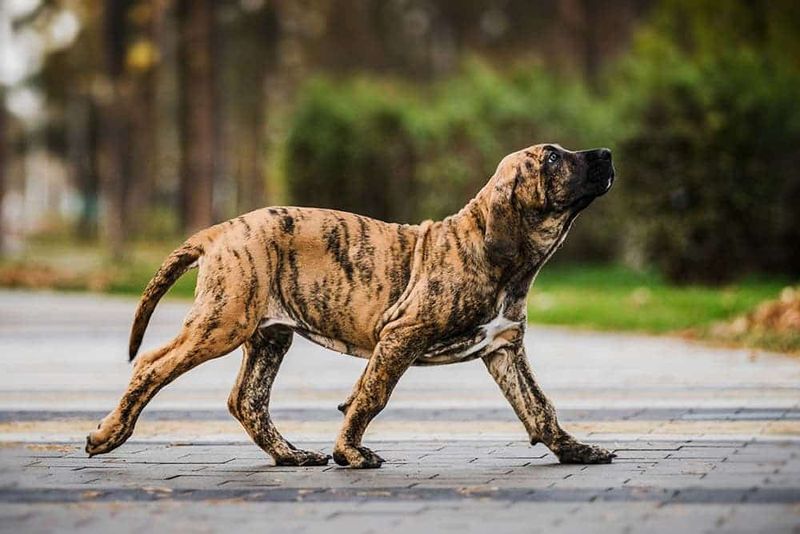
Legendary for their tracking abilities and intense loyalty, these Brazilian mastiffs naturally distrust strangers to an extreme degree. Their protective instinct toward family is matched by suspicion toward everyone else.
Socialization helps moderate but won’t eliminate their natural wariness. Their strong-willed nature requires consistent training without harsh methods that could trigger aggression. Not recommended for inexperienced owners, they need someone who understands their unique temperament.
13. Presa Canario
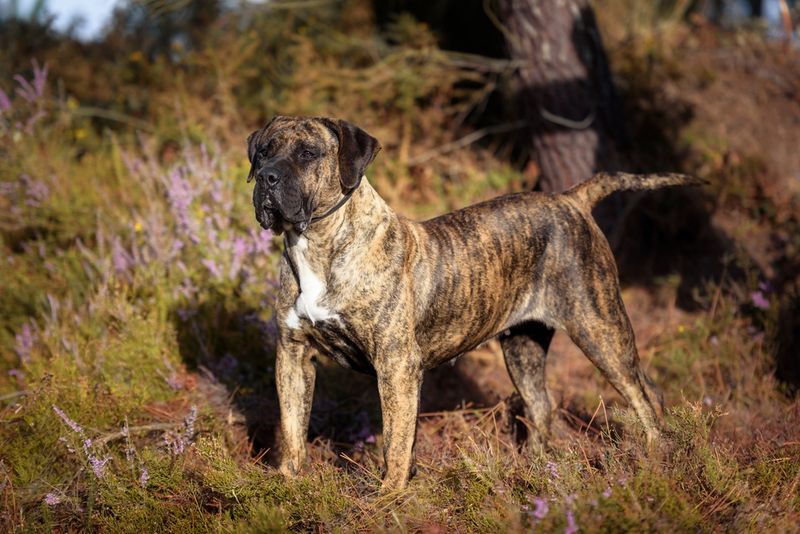
Cattle dogs with guardian instincts, these powerful Canary Island mastiffs were bred for both work and protection. Their natural dominance and territorial behavior require experienced handling from day one.
Early socialization is critical but won’t eliminate their suspicious nature. Consistent leadership prevents them from assuming the decision-making role in the household. Their impressive strength combined with protective instincts creates serious responsibility for owners to maintain proper training throughout their lives.
14. Kangal
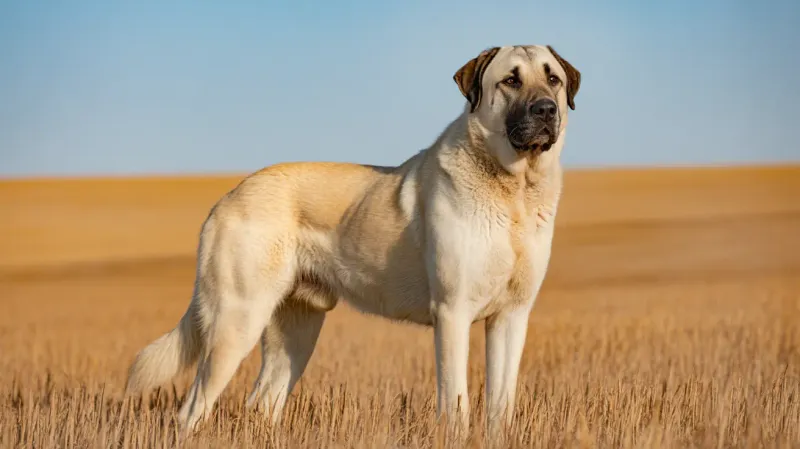
Turkish livestock guardians with incredible protective instincts, these powerful dogs naturally defend their family and territory. Their independence comes from centuries of making protection decisions without human guidance.
Early socialization helps them distinguish between genuine threats and normal situations. Their natural suspicion of strangers requires management throughout their lives. Despite their protective nature, properly raised Kangals show remarkable gentleness with family members while maintaining vigilance against outside threats.
15. Wolf Hybrids
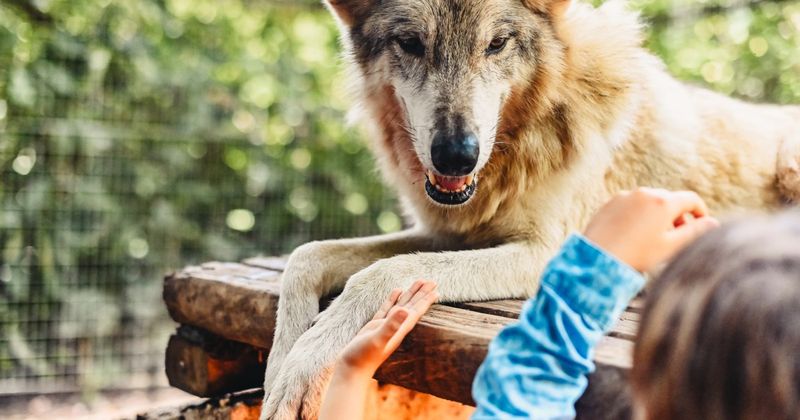
Part wild animal, part domestic dog, these unpredictable crosses retain many wolf instincts that can conflict with domestic living. Their behavior often becomes more challenging during maturity as wild instincts emerge.
Traditional dog training methods frequently fail with hybrids. Their pack mentality requires specialized handling to prevent dominance challenges. Escape artists by nature, they need secure containment to prevent roaming or hunting behaviors that can frighten neighbors and endanger smaller animals.

